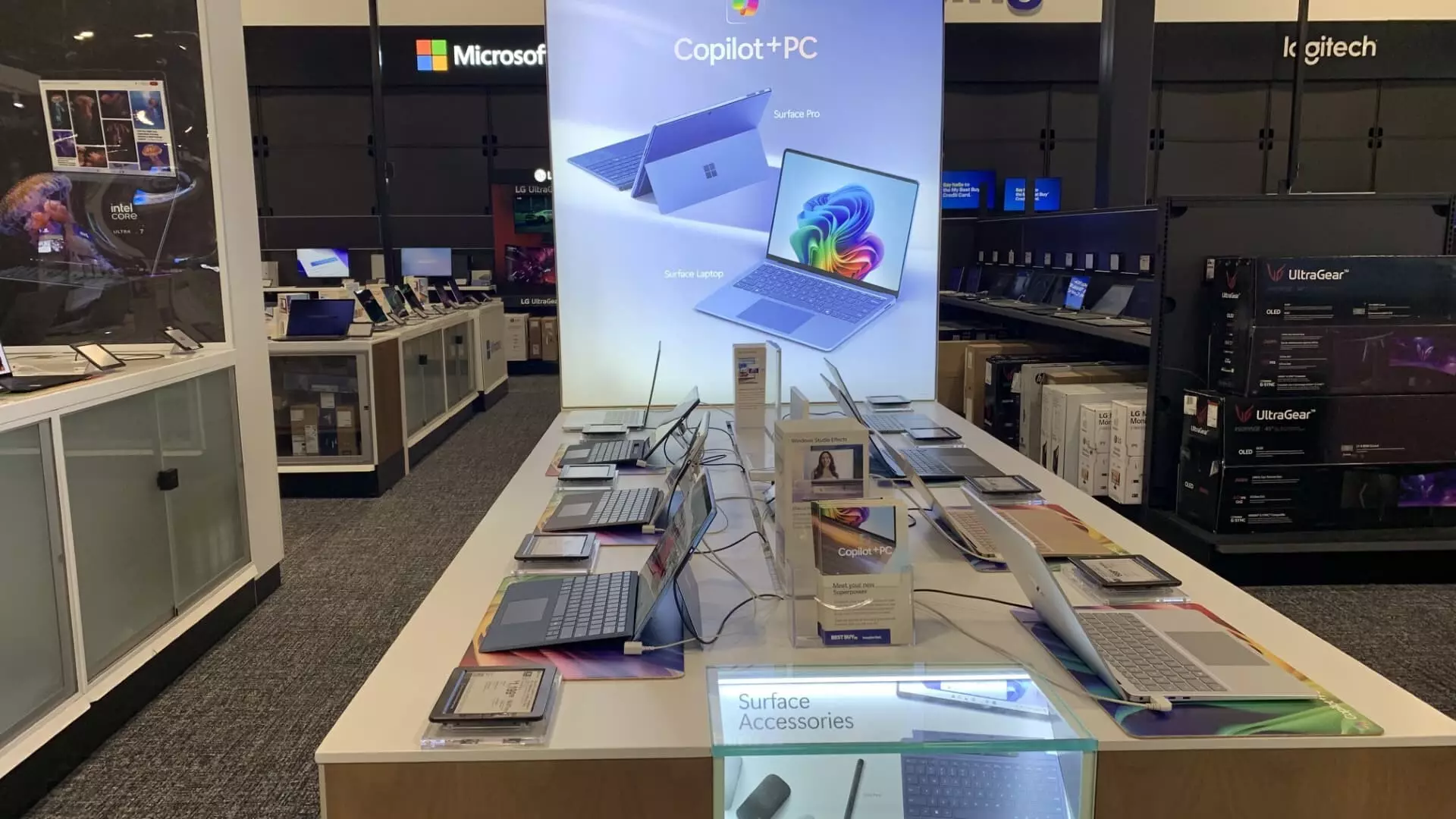In the ever-evolving landscape of retail, companies are under constant pressure to adapt to shifts in consumer behavior and market dynamics. Best Buy, a prominent player in the electronics retail sector, has recently attracted attention due to a significant decision by Jim Cramer’s Charitable Trust to divest from its shares in the company. This move underscores the complexities of managing investments in volatile markets where external factors such as economic policies, housing turnover, and competitive positioning play critical roles.
As of the latest trade, the Trust is selling 165 shares of Best Buy at approximately $86 each, strategically reducing its total ownership to 600 shares. This transaction alters the Trust’s stake in BBY, lowering its portfolio allocation from 1.9% to 1.5%. Such shifts in investment strategy are crucial for maintaining a balanced portfolio, particularly in uncertain times.
Since October of the previous year, Best Buy’s stock performance has been notably sluggish. Fears surrounding declines in electronic retail sales, coupled with the potential impact of higher tariffs on Chinese imports under President-elect Donald Trump, have cast a shadow over the company’s outlook. Additionally, Best Buy’s reliance on housing turnover can significantly influence its sales figures for high-ticket items, such as appliances and home entertainment systems. As the real estate market experiences fluctuations and mortgage rates increase, consumer purchasing power and willingness to invest in durable goods could diminish.
One must also consider the broader patterns emerging from the retail sector. Notably, competition against giants like Walmart, Amazon, and Costco is intensifying. These corporations are gaining substantial market share, presenting challenges for Best Buy, which operates within a narrower niche of electronics. Additionally, earnings reports from competitors further exacerbate the volatility surrounding Best Buy, as evidenced by Target’s recent third-quarter profit miss, which resulted in a substantial decline in its stock value.
The decision to sell shares of Best Buy is rooted in a commitment to investment discipline. Cramer’s Trust aims to avoid the pitfalls of transforming unrealized gains into losses. By securing an average gain of approximately 8% on stocks bought early in 2024, the Trust sets an example of prudent financial management amid fluctuating stock performance.
Even though some of the underlying challenges faced by Best Buy, such as stagnant mortgage rates and an underwhelming market for artificial intelligence personal computers, may be ephemeral, the risk of a downturn during the looming earnings report poses a significant concern. This foresight reflects a broader investment principle: capturing gains when available can be more beneficial than holding out for uncertain future prospects.
The broader retail earnings season reveals a trend that suggests a bifurcation in market performance: those who can adapt and cater to consumer needs efficiently are thriving, while others falter. Best Buy’s struggle to compete with established retail titans lends credence to this phenomenon. While companies such as TJX Companies, with their off-price models, and specialty retailers like Williams-Sonoma maintain their foothold, Best Buy’s electronic-centric focus may need reevaluation.
As the market awaits the results from their upcoming earnings report, stakeholders must remain cognizant of external factors influencing performance. The shifting tides in retail are an ever-present reminder of the need for agile investment strategies, where the ability to pivot quickly can safeguard against losses.
Jim Cramer’s Charitable Trust’s decision to trim its position in Best Buy serves as a testament to the importance of discipline and strategy in the realm of investment. As consumer habits shift and the competitive landscape transforms, investors must approach each decision with an informed perspective, balancing risk and reward carefully. By maintaining vigilance, investors can protect their portfolios while positioning themselves for future gains amidst uncertainty.

